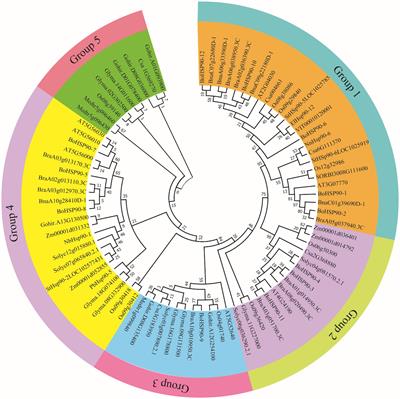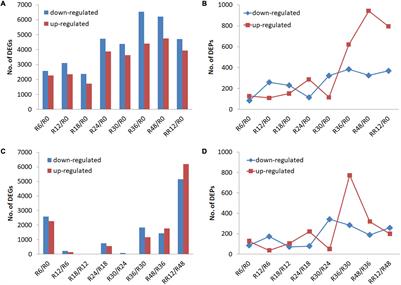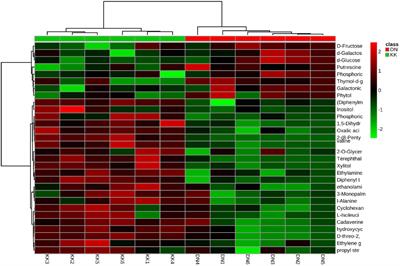EDITORIAL
Published on 31 May 2023
Editorial: Integrating advanced high-throughput technologies to improve plant resilience to environmental challenges
doi 10.3389/fpls.2023.1218691
- 729 views
- 3 citations
10k
Total downloads
46k
Total views and downloads
EDITORIAL
Published on 31 May 2023
ORIGINAL RESEARCH
Published on 27 Sep 2022

ORIGINAL RESEARCH
Published on 22 Jun 2022

ORIGINAL RESEARCH
Published on 17 Jun 2022

ORIGINAL RESEARCH
Published on 10 Jun 2022

ORIGINAL RESEARCH
Published on 17 Mar 2022

REVIEW
Published on 17 Mar 2022

ORIGINAL RESEARCH
Published on 24 Feb 2022

ORIGINAL RESEARCH
Published on 05 Jan 2022

ORIGINAL RESEARCH
Published on 08 Dec 2021

ORIGINAL RESEARCH
Published on 08 Dec 2021
